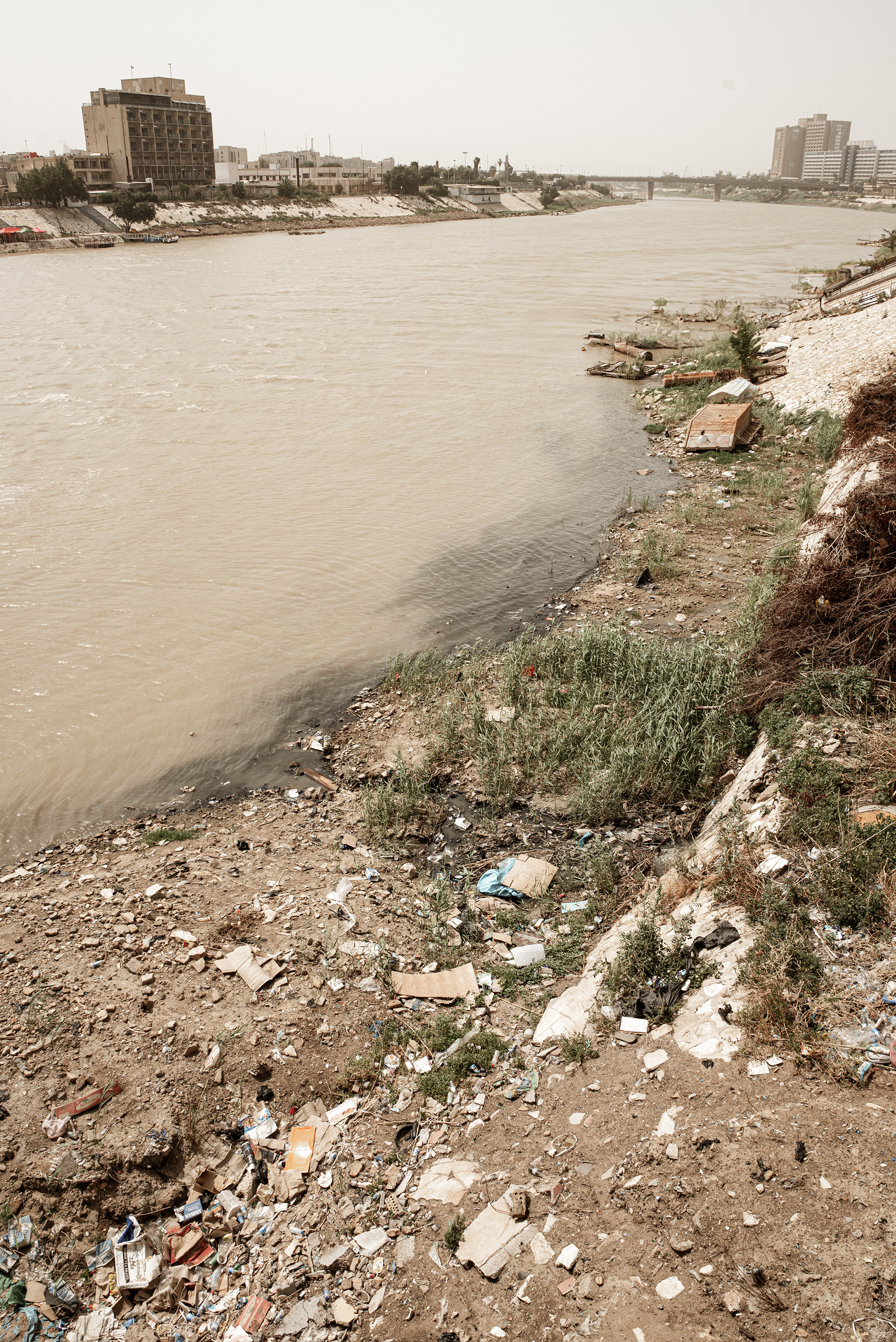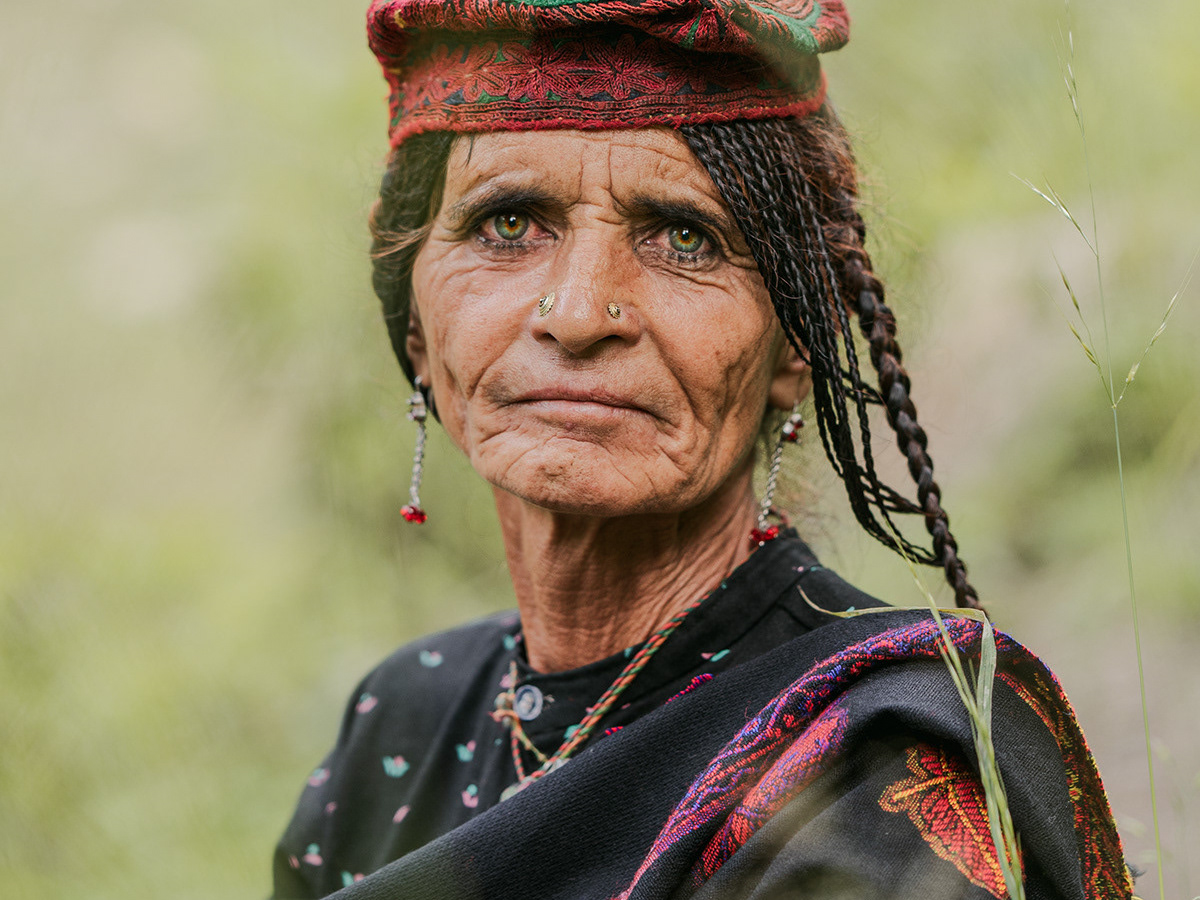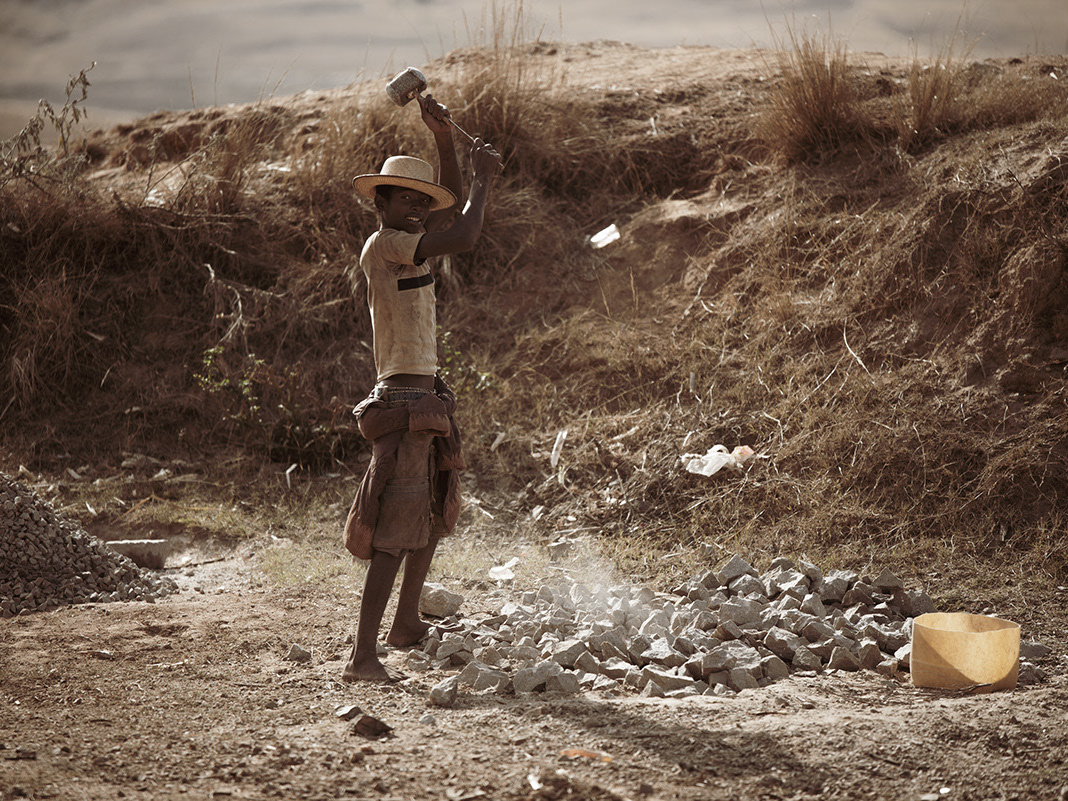Between Two Rivers: The Struggle for Water in Iraq
On a recent journey hitchhiking across Federal Iraq, I set out to explore a critical but often overlooked issue: the country’s growing water crisis. This trip was inspired by a research paper I wrote during university on the geopolitical ‘disconnectivity’ of water in the region. Water is a lifeline for all societies, yet its availability and management are increasingly becoming sources of inequality, conflict, and instability. Determined to deepen my understanding and raise awareness, I turned my academic research into a personal photo project, documenting the stark realities faced by communities struggling with water scarcity.
Iraq, often referred to as the land between two rivers, has depended on the Tigris and Euphrates for sustenance since the dawn of civilization. These waterways have shaped its history, culture, agriculture, and economy for thousands of years. However, Iraq’s reliance on external water sources has made it increasingly vulnerable. Most of the country’s water originates outside its borders, primarily from Turkey, Iran, and Syria. Over the past few decades, the construction of large-scale upstream dams, particularly in Turkey, has drastically reduced the flow of both rivers, leaving Iraq in an ever-worsening state of water insecurity. The decline in water levels has devastated agriculture, increased desertification, and worsened pollution, further endangering public health and food security.
Yet, the crisis is not solely caused by external factors. Domestic mismanagement has played an equally significant role. Iraq’s water infrastructure is crumbling due to decades of war, neglect, and lack of investment. Many of the country’s irrigation systems are outdated, and leakage from inefficient distribution networks results in massive water losses. Meanwhile, pollution from sewage, industrial waste, and oil production has contaminated many of the remaining water sources. Rural communities, especially in the South, face dire conditions, with some villages forced to rely on unsafe water for drinking, cooking, and farming. In urban areas, water shortages are becoming more frequent, with residents depending on expensive bottled water for daily use.
The picture above captured the Tigris nearby Tikrit, in the Saladin Governorate.
This crisis is about more than just access to water—it is deeply intertwined with Iraq’s broader geopolitical struggles and history of conflict. Water has long been a source of tension between Iraq and its neighbors, as upstream countries control the flow of rivers essential to Iraq’s survival. The issue is further complicated by Iraq’s political instability and economic difficulties. Successive governments have struggled to develop a coherent water management strategy, and corruption has hindered effective reforms. In the absence of decisive action, the situation continues to deteriorate.
Climate change is only accelerating the crisis. In recent years, record-low rainfall and rising temperatures have led to prolonged droughts, making an already fragile situation even worse. The effects are particularly visible in the South, where rivers and marshlands that once supported vibrant communities are drying up. Entire ecosystems are at risk, with fish populations collapsing and agricultural lands turning to dust. Farmers are being forced to abandon their fields, leading to increasing displacement and economic hardship. The water crisis is, in many ways, also a social crisis—one that affects millions of people across Iraq and will have lasting consequences if not urgently addressed.
Addressing Iraq’s water crisis requires a multi-faceted approach. Regional cooperation is essential—without agreements on water-sharing with neighboring countries, Iraq will remain at the mercy of external decisions. At the same time, domestic reforms are crucial. Investment in modern irrigation techniques, water conservation programs, and pollution control measures could make a significant difference. Strengthening governance, cracking down on corruption, and ensuring that water policies prioritize public welfare over political interests are also key steps.
This project is a call to action. It is a call for sustainable water policies, increased regional cooperation, and better management of Iraq’s water resources. It is a call to support communities affected by water scarcity and to work toward a future where access to clean, safe water is not a privilege but a fundamental right for all. The challenges are immense, but so is the urgency of finding solutions. If Iraq is to overcome this crisis, it will require not only political will but also collective awareness, advocacy, and innovation.






